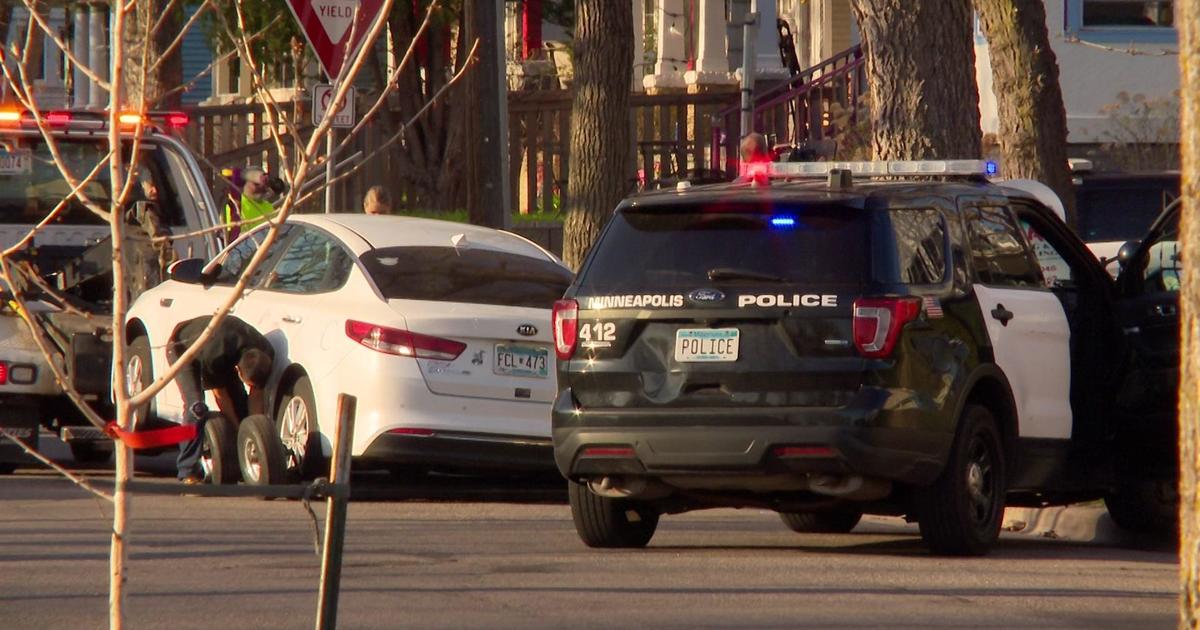Some Farmers Restocking After Bird Flu Outbreak
MINNEAPOLIS (WCCO) - We're seeing a new phase in the bird flu outbreak that has led to the deaths of millions of turkeys in Minnesota.
The latest numbers show there are 108 affected farms across 23 counties, but a couple of affected farmers are now restocking.
The Minnesota Board of Animal Health says one of the first farms hit in Stearns County, and another one in Pope County, are the first to start all over again.
"It's encouraging, and there is also a sense of guarded optimism," the executive director of the Minnesota Turkey Growers Association, Steve Olson, said.
Turkey farmers who've been cleared to start all over again with a new flock face a difficult decision. New cases of bird flu are still popping up, four months after it was first detected here in our region.
"Growers are in the process of weighing the opportunity to get back in the business with the possibility of having a second introduction in the fall, when the birds start to migrate again, start to move, and the virus is active in native birds," he said.
Veterinarians studying this destructive strain of the avian flu believe the virus was brought to our state by wild waterfowl.
They suspect it's spread through contact with their droppings and through the air.
Despite added biosecurity measures, the virus is still spreading.
"They physically have to change boots when they come into the barn from the outside, so there is a different set of boots," Olson said. "[They're] washing truck tires to make sure there is nothing that is brought onto the farm from outside the farm."
Researchers are looking at what else can be done. Most of the affected farmers are in the midst of the long process of depopulation.
First, the infected flock has to be euthanized and then composted inside the barns. Then weeks are spent cleaning and disinfecting the barns, before letting them sit empty for 21 more days to dry out.
"If they delay the repopulation or restocking of their farms, there is a loss of income for that period of time, even if for just a few months, that's a loss of income," Olson said. "There's a number of things they are looking at."
He said the farmers who are restocking are buying tens of thousands of turkeys from their usual hatcheries. We had a stretch of time when there were no new cases of the bird flu for about 11 days, only to be followed by about a dozen new cases in the last week and a half.
Over the summer and fall, the DNR will be testing wild birds to see which ones are capable of spreading the deadly virus.



